Hybrids and Seedlings
mctavish
9 years ago
Related Stories

EDIBLE GARDENSSummer Crops: How to Grow Tomatoes
Plant tomato seedlings in spring for one of the best tastes of summer, fresh from your backyard
Full Story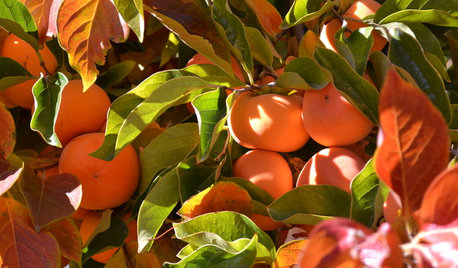
FRUIT TREESHow to Grow Your Own Persimmons
Sturdy and easy to care for, these trees offer bright fruit through winter — and keeping them in bounds is no sweat
Full Story
SPRING GARDENINGEnjoy the Peak of Spring Gardening — Here’s What to Do in May
Bid the frost farewell and treasure the blooms. No matter what U.S. region you’re in, one of these guides will help your garden flourish
Full Story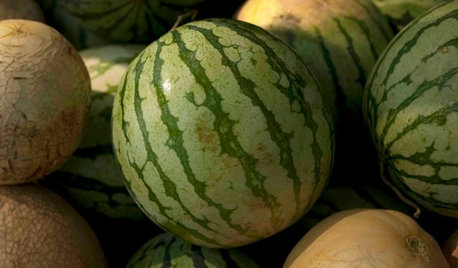
GARDENING GUIDESSummer Crops: How to Grow Melons
Drink in the refreshing sweetness of melons from your own garden this summer — they can last well into fall too
Full Story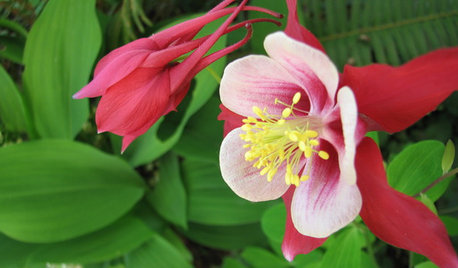
GARDENING FOR BUTTERFLIESGreat Design Plant: Columbine Grows Happily in Shade and Sun
Its ethereal beauty comes from complex forms and wide-ranging colors, but columbine’s benefits are highly attractive too
Full Story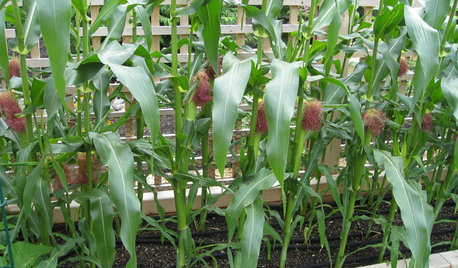
SUMMER FRUITS AND VEGETABLESHow to Grow Your Own Fresh, Sweet Corn
Here's how to plant and care for your own mini cornfield
Full Story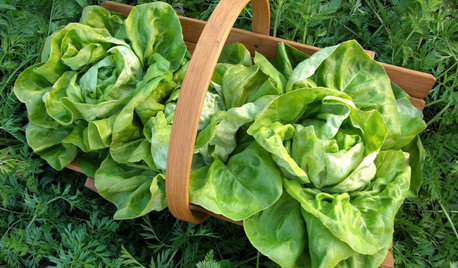
GARDENING GUIDES10 Easy Edibles for First-Time Gardeners
Focus on these beginner-friendly vegetables, herbs, beans and salad greens to start a home farm with little fuss
Full Story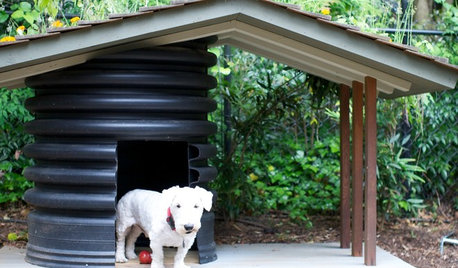
PETSHow to Help Your Dog Be a Good Neighbor
Good fences certainly help, but be sure to introduce your pup to the neighbors and check in from time to time
Full Story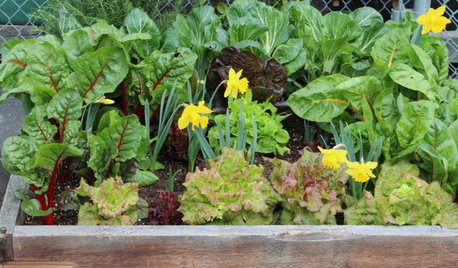
FARM YOUR YARDGrow a Kitchen Garden in 16 Square Feet
Got a sunny 4-by-4 space? You can make meals more interesting with your own vegetables and herbs
Full Story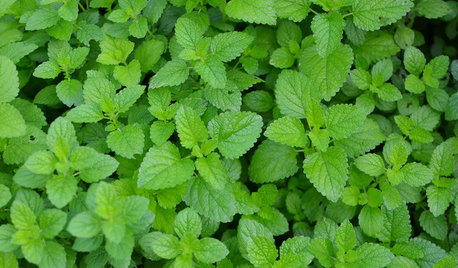
EDIBLE GARDENS12 Essential Herbs for Your Edible Garden
Make home cooking and drinks even better with herbs plucked from your own backyard or windowsill pot
Full Story







Pieter zone 7/8 B.C.
donrawson
Related Professionals
Edmond Landscape Architects & Landscape Designers · Apollo Beach Landscape Contractors · Clayton Landscape Contractors · Lees Summit Landscape Contractors · Midland Landscape Contractors · West Chicago Landscape Contractors · Reisterstown Landscape Contractors · Antioch Fence Contractors · Bellmawr Fence Contractors · Oakdale Fence Contractors · Staten Island Fence Contractors · Duarte Fence Contractors · Hawthorne Solar Energy Systems · Imperial Beach Solar Energy Systems · Menifee Solar Energy Systemsken_adrian Adrian MI cold Z5
donrawson
Josh Spece
mctavishOriginal Author
brucebanyaihsta